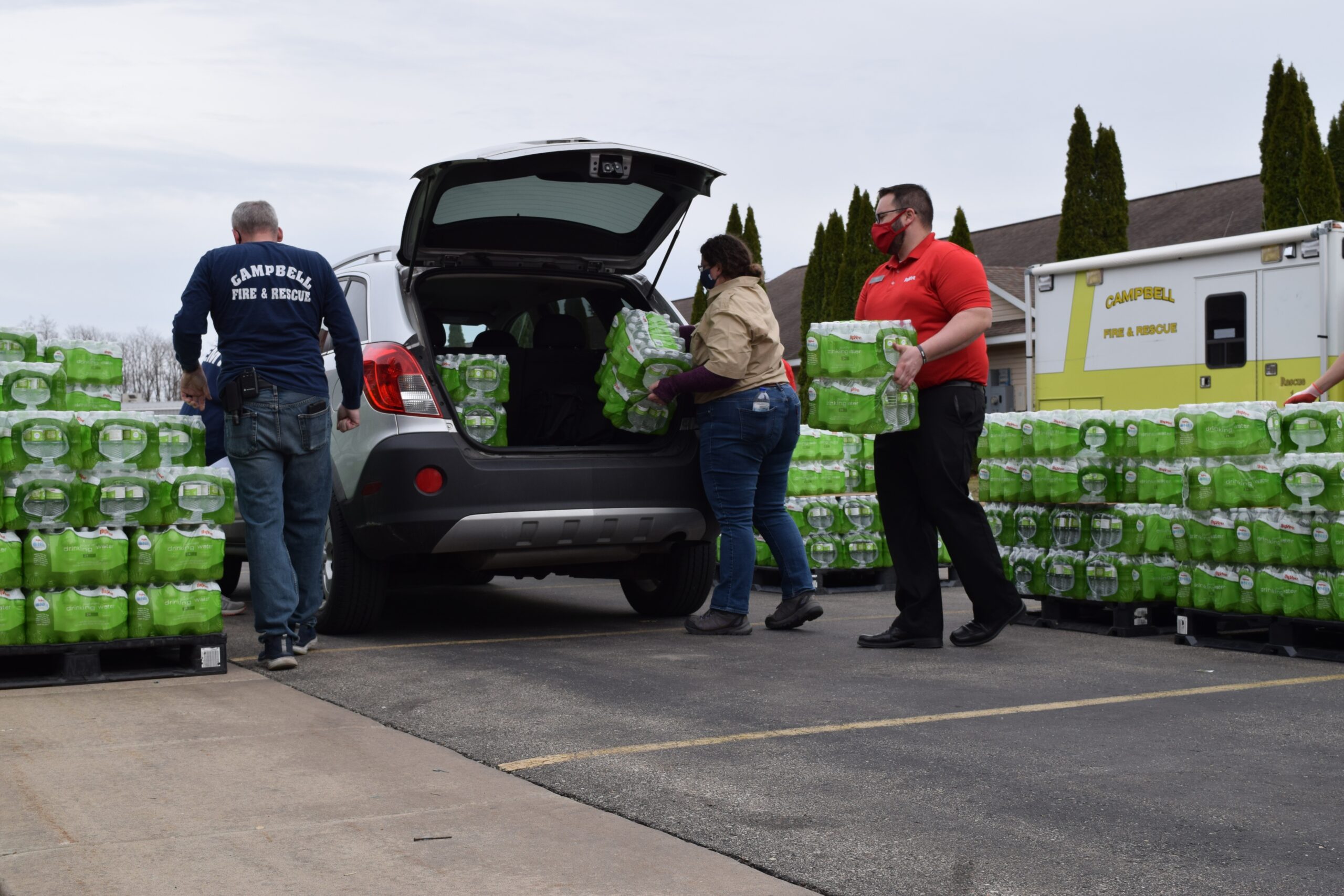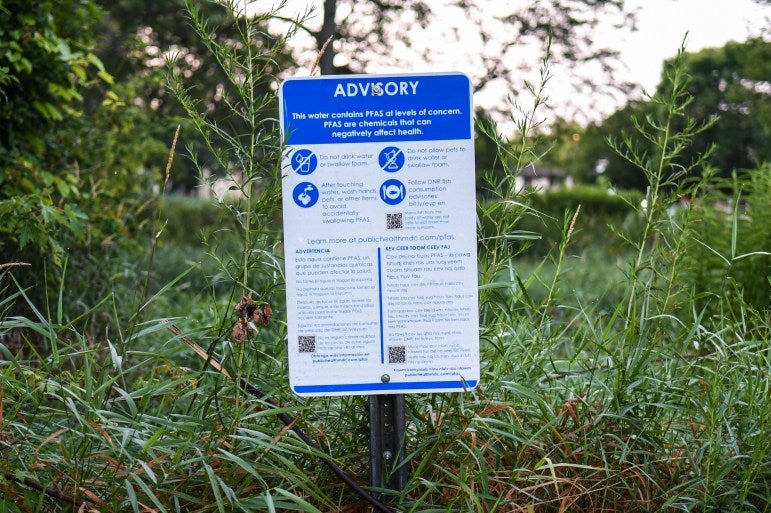Nearly 800 residents of French Island plan to take legal action against the City of La Crosse stemming from PFAS contamination of private drinking water wells. The move could expose the city to up to more than $39 million in claims.
Attorney Tim Jacobson served the City of La Crosse notice on Friday of its intention to file a lawsuit on behalf of 787 residents of French Island. Jacobson had already served the city notice on behalf of 125 residents in February. The filing is the first step that must be taken under the law before pursuing a lawsuit against the city.
The City of La Crosse is part of an ongoing investigation into PFAS contamination on the island stemming from the La Crosse Regional Airport. The Wisconsin Department of Natural Resources launched the investigation last year after the DNR flagged two city wells for the presence of PFAS, which have since been taken out of service.
News with a little more humanity
WPR’s “Wisconsin Today” newsletter keeps you connected to the state you love without feeling overwhelmed. No paywall. No agenda. No corporate filter.
“The city used these chemicals for decades. The city was alerted that PFAS was getting in city wells as early as 2014,” said Jacobson. “But, it wasn’t until late 2020 that the public started to learn that their wells may be impacted and the residents of French Island have been drinking polluted water for years.”
The city doesn’t have to respond to the notice at this time. Jacobson said his firm will be serving the city a notice at a later date requesting a specific dollar amount as part of an itemized claim.
“It’s just premature at this time to start computing dollar amounts, but it certainly has impacted people’s private property value. It’s affecting their daily living, and there are folks with these health issues, serious medical problems, and even deaths that we believe are related to the PFAS exposure,” said Jacobson.
While no specific dollar amount has been set, he said each person could potentially pursue a maximum of $50,000 under state law guiding claims against governmental bodies. The city could face $39.3 million in claims if each person pursued the maximum amount allowed.
Perfluoroalkyl and polyfluoroalkyl substances, commonly called PFAS, have raised concerns because the chemicals have been linked to health problems, including cancer, thyroid disease and fertility issues. The chemicals are found in firefighting foam and everyday products, and they don’t break down easily in the environment.
The La Crosse Fire Department tested firefighting foam containing PFAS at burn pits at the La Crosse Regional Airport from the 1970s to the 1980s. The foam was also used to respond to airplane crashes on the site over the decades. Contamination has been identified in the soil and groundwater on the airport’s property and within groundwater south of the airport.
The La Crosse Regional Airport is currently required to store firefighting foam containing PFAS as part of Federal Aviation Administration regulations. The airport has all but eliminated the foam, which would only be used in emergencies. The administration is required to come up with an alternative to PFAS-containing foam by October of this year.
La Crosse Mayor Mitch Reynolds said he had not yet seen the filing on Friday and couldn’t comment on any pending legal action.
“We’re pushing the FAA to approve a waiver so that we don’t have to continue to utilize firefighting foams at our airport,” said Reynolds. “And to this point, the FAA has not approved that waiver, nor have they ever approved any waiver. So that’s been a bit of a struggle.”
Reynolds said the city continues to work with the state and community officials on the issue and has provided bottled water to residents.
“We’re definitely listening to the concerns of the people in the town of Campbell, and city residents on French island as well,” said Reynolds. “We’re as eager to find solutions as anybody.”
The DNR is aware of roughly 500 water samples that have been collected from numerous parties on the island, according to Dave Rozeboom, a supervisor with the agency’s remediation and redevelopment program. As of Friday morning, he said approximately 400 results had been received with all but eight wells showing signs of PFAS contamination. He said around 250 wells showed PFAS levels below the state’s proposed groundwater standard of 20 parts per trillion, indicating roughly 140 wells exceeded that threshold.
PFAS concentrations have been detected at levels more than 100 times the proposed standard.
In March, state health officials issued a water advisory for thousands of French Island residents. As of Thursday, Rozeboom said 1,023 residents were receiving bottled water. The DNR may continue to provide bottled water to residents for up to six months or until the state Department of Health Services adjusts the advisory. He said the DNR is waiting for more data before any determination is made, but Rozeboom expected the advisory would remain in place for several more months.
“Beyond that, we don’t really have an estimate of what’s going to be necessary for bottled water,” said Rozeboom.
Jacobson said residents are also pursuing claims against manufacturers of so-called forever chemicals known as PFAS. The City of La Crosse has also filed a lawsuit against 23 chemical companies that include manufacturers of firefighting foam, claiming they knew of the harmful effects of PFAS in their products and failed to inform customers.
Once the city receives an itemized claim, officials have 120 days to respond.
Wisconsin Public Radio, © Copyright 2026, Board of Regents of the University of Wisconsin System and Wisconsin Educational Communications Board.





